Rector’s Speech at AUF’s Regional Conference of Rectors of Central and Eastern Europe: International of Higher Education Institutions in Central and Eastern Europe
Distinguished Rectors and Vice-Rectors,
Esteemed Colleagues,
Honored Guests,
Ladies and Gentlemen,
It is my distinct pleasure to be able to address this distinguished gathering today on the topic of internationalization of higher education institutions in Central and Eastern Europe. This theme is critical as we explore the transformative impact of global partnerships in academia and chart the strategic directions for our universities.
Conceptually, I think we do all share the belief that it might be virtually impossible to find anything that is as universal as science and knowledge. In pursuit of this ambition and of our common goal of searching for and discovery of truth—our ultimate mission—we have no better ally than internationalization.
In this connection, internationalization is indispensable for our very institutional existence and paramount for students, staff and universities as such, having in turn unparalleled effects on our individual societies and the entire global community. This way, I will organize my remarks in three different segments, namely students, staff, and universities.
1. First, internationalization is about students: I think the fundamental premise is that internationalization not only enhances educational quality but also fosters cultural, economic, and educational integration within our broader region and beyond. It better equips our students with knowledge, skills and values, broadens their horizons, and makes better citizens of our younger generations. To do this, we must strengthen our institutional capacities, foster our partnerships, and expand the magnitude of exchange. In the case of my own institution, our Office of International Cooperation has been instrumental in expanding and promoting various forms of international collaboration, and the Office has benefited itself from foreign-funded capacity-building projects and best practices at partner institutions. As part of reform, we have recently provided for a decentralized structure through the establishment of new institutional positions within individual faculties, to have officials that deal with research, projects and internationalization within micro-units. These efforts have significantly enhanced our institutional capabilities and positioned us better in modernizing education, research, and science both regionally and globally.
To sustain and expand exchanges, we obviously need to offer more courses and programs in languages other than our own. Our initiatives have focused on offering a diverse array of courses in English, French, German and other languages. Joint and double degree diplomas are the natural pathway. And we should pursue this vigorously. However, when facing the challenge of accrediting entirely new programs in other languages, we have opted for alternative programs such as summer and winter schools or executive education programs.
For example, at the University of Prishtina, we do have for 24 years now an intensive two-week summer international program, which takes place in the month of July; with 28 different courses offered this year, all taught in English, and each course having, in addition to many international students, an international visiting professor, is a unique networking platform. It is only natural that we begin with small steps before making the bigger ones. Often times, the incoming international students and professors end up coming back for longer stays (a semester or two).
Apart from these programs, every institution, namely each and every one of us, can plan for resources that allow for short-term mobility opportunities for international students. It is with a mixed sense of sadness and pride that I announce, for instance, that as of last year, for the first time in my institution’s history, we began providing scholarships for international students.
Various regional networks can also be explored and arranged for. Let me mention one such network in the Western Balkans context: the idea of and now, as well, a reality of a regional network of centers for advanced studies. The objective is to enable more extensive and meaningful exchange at the level of postdoctoral researchers. Initiatives such as this can both be expanded and extended to other arenas.
2. Secondly, exchanges are and ought to be about faculty members, professors, scholars and researchers of different places, having different backgrounds, and pursuing different ideas, getting together and sharing what they know and think with one another. An absolutely fascinating, albeit basic proposition, such endeavors enrich our academic discourse and research activities, contributing to our goal of academic excellence and innovation. These exchanges of staff and the emerging collaboration often lead to more strategic partnerships and collaborative initiatives. These partnerships not only enhance the educational experience for our students but also elevate global academic standing of our own institutions. We grow collectively.
Looking ahead, I think the better future lies in our commitment to expanding our international footprint through strategic actions aimed at fostering academic and scientific cooperation. These engagements not only broaden our academic horizons but also strengthen our international rankings, reinforcing our roles in our individual societies and the wider spaces surrounding us as indispensable tools for academic excellence and innovation.
3. Thirdly, international collaborations play a pivotal role in the very development of our own universities. Through joint research projects, academic exchanges, and collaborative initiatives, our faculty members gain exposure to cutting-edge research methodologies and global trends in their respective fields. This exposure not only enhances their teaching capabilities but also strengthens our research output and contributes to the advancement of knowledge on a global scale, hence increasing our institutional impact.
Importantly, international collaborations also contribute to a better standing of the universities we represent today. By participating in international research consortia, collaborative projects, and joint publications, we elevate the visibility and reputation of our universities on the global stage.
This recognition attracts top-tier faculty and students, enhances our competitiveness for research funding, and opens doors to new opportunities for innovation and new horizons for discovery.
In conclusion, I firmly believe that internationalization is not just a strategic imperative but a moral obligation for higher education institutions in today’s world. It empowers us to break down barriers, foster mutual understanding, and cultivate the next generation of global citizens and leaders. As we continue on this journey of internationalization, let us seize the opportunities before us, embrace and expand diversity, and strive for excellence in all our endeavors.
Thank you for listening to me and let this be a day and a moment to open up the discussion for new international cooperation opportunities.
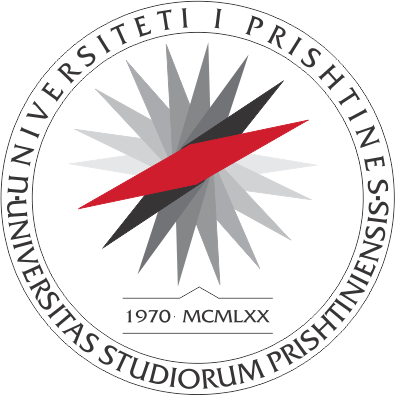
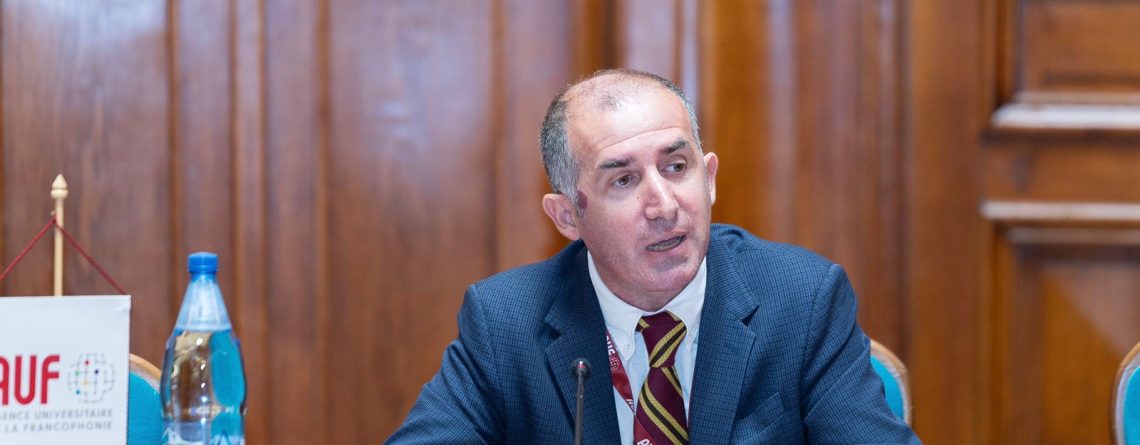
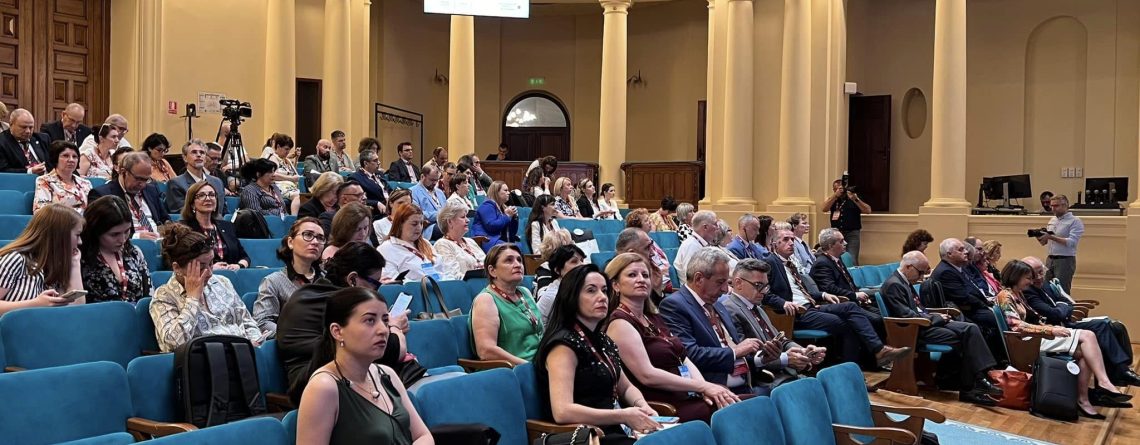
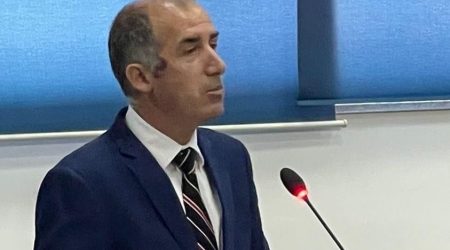

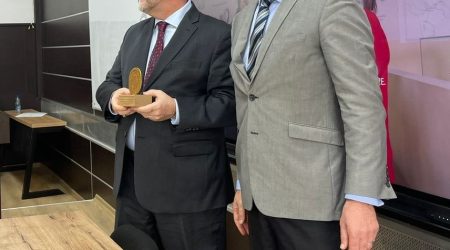
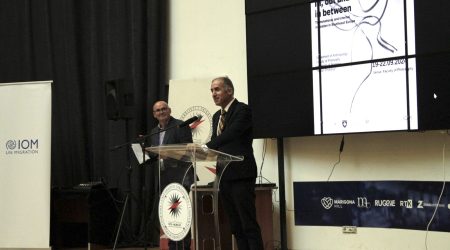
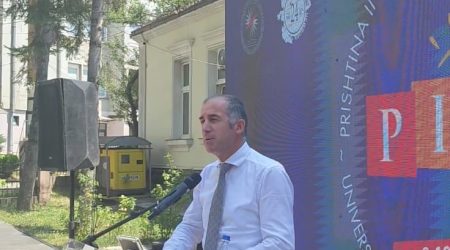
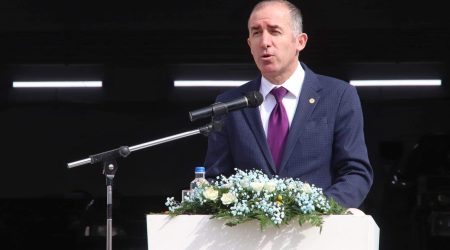
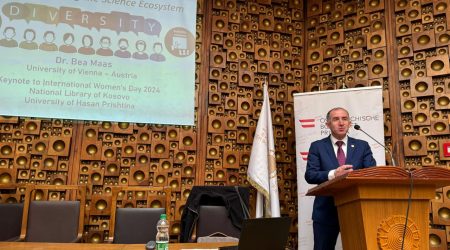

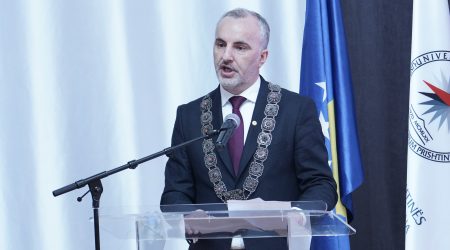
LEAVE A COMMENT